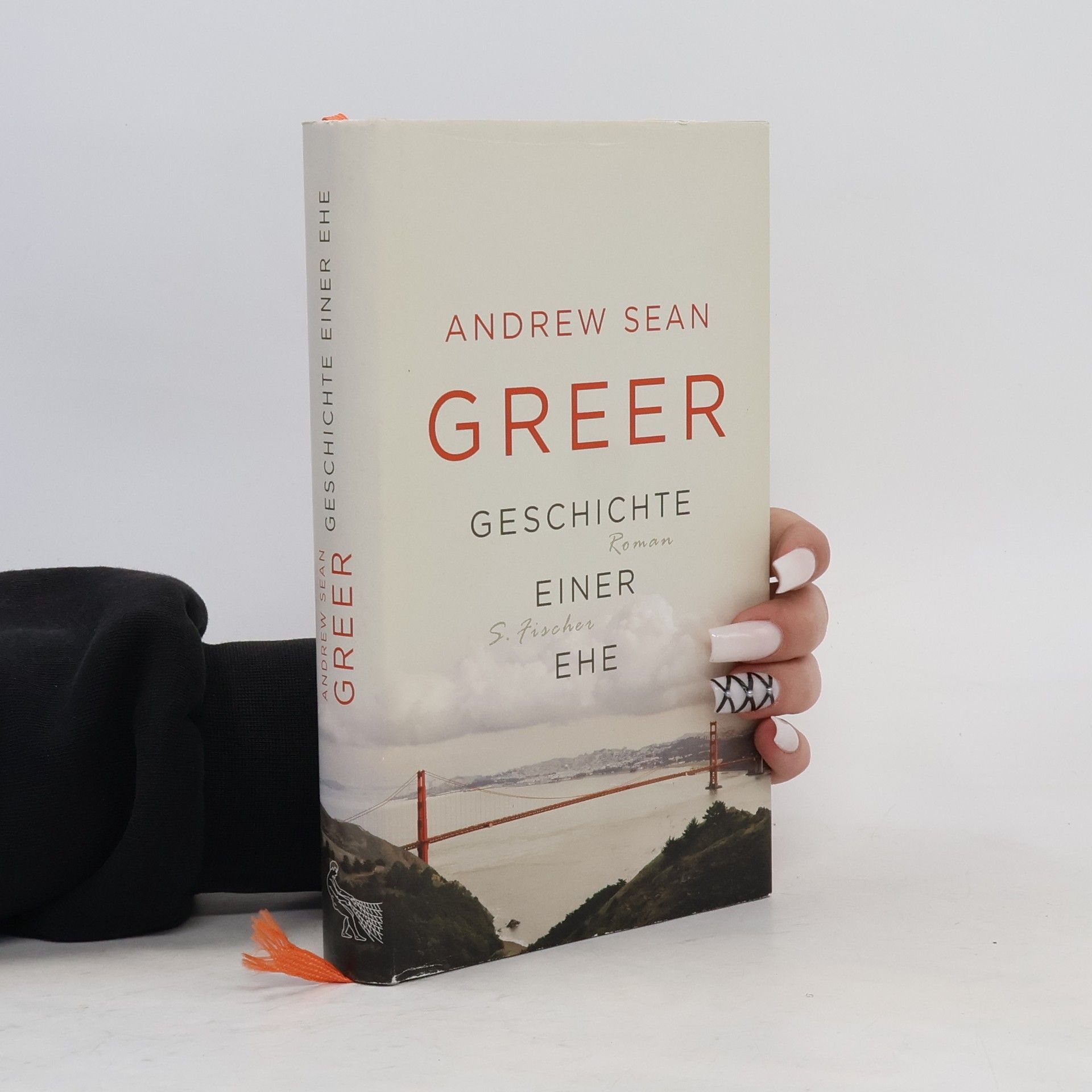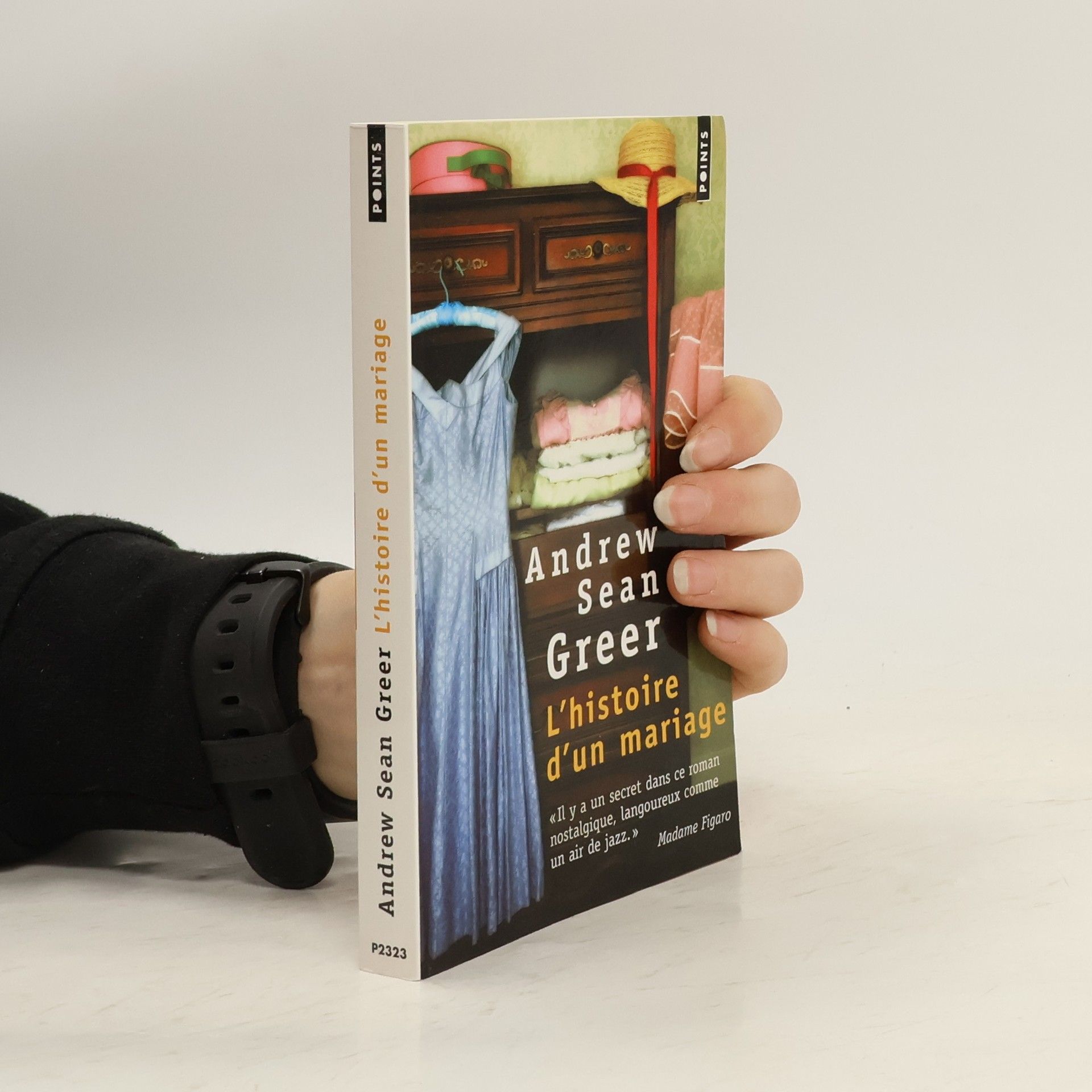A collection of the year's best short stories, selected by Pulitzer Prize winner Andrew Sean Greer and series editor Heidi Pitlor. Andrew Sean Greer, "an exceptionally lovely writer, capable of mingling humor with sharp poignancy" (Washington Post), selects twenty stories out of thousands that represent the best examples of the form published the previous year.
Andrew Sean Greer Books
Andrew Sean Greer is an American novelist and short story writer whose works are celebrated for their lyrical quality and inspired narratives. His writing delves into the human experience with a distinctive voice that captivates readers. Greer's style is characterized by its meticulous exploration of characters and their inner lives. His literary contributions lie in his ability to craft stories that are both intellectually stimulating and emotionally resonant.

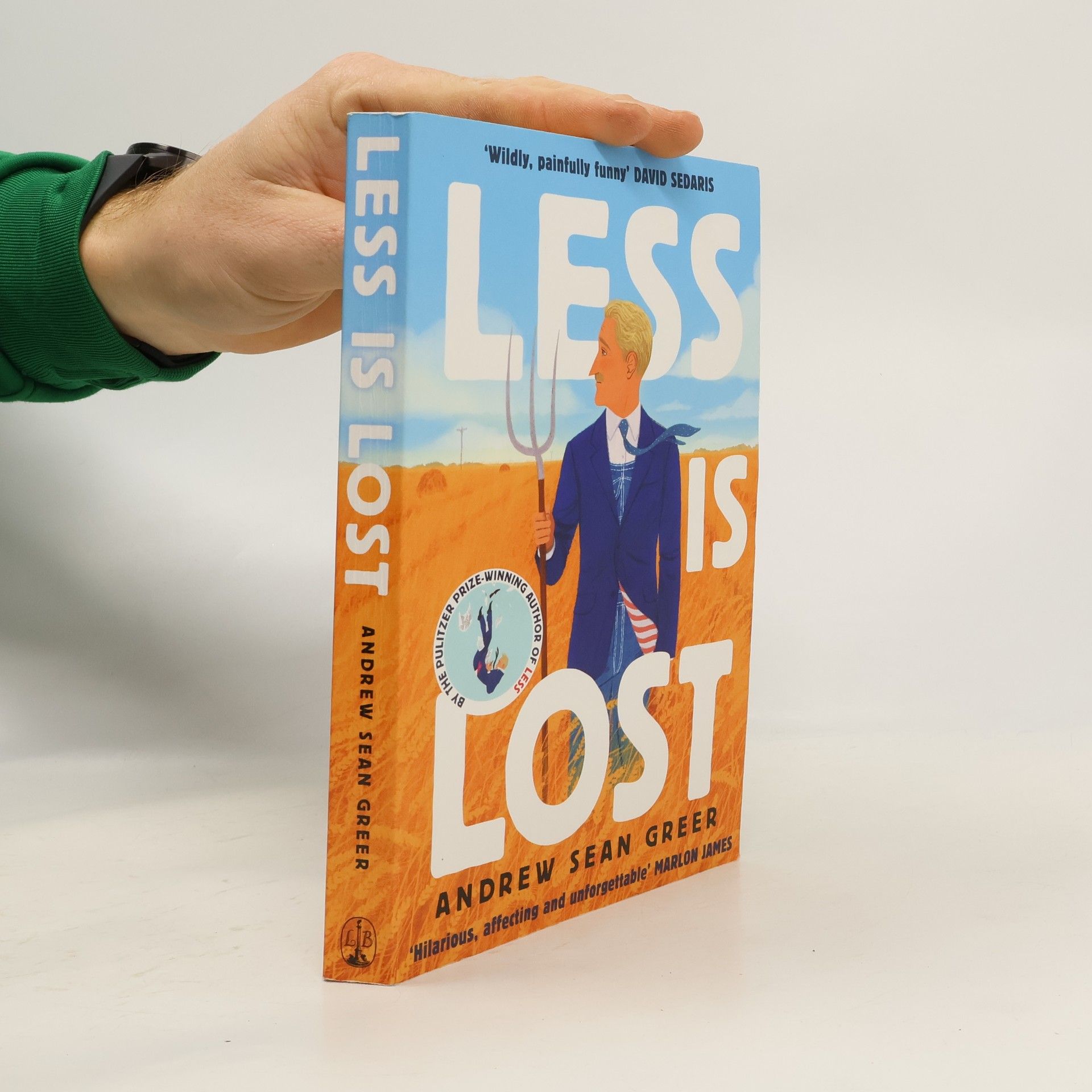
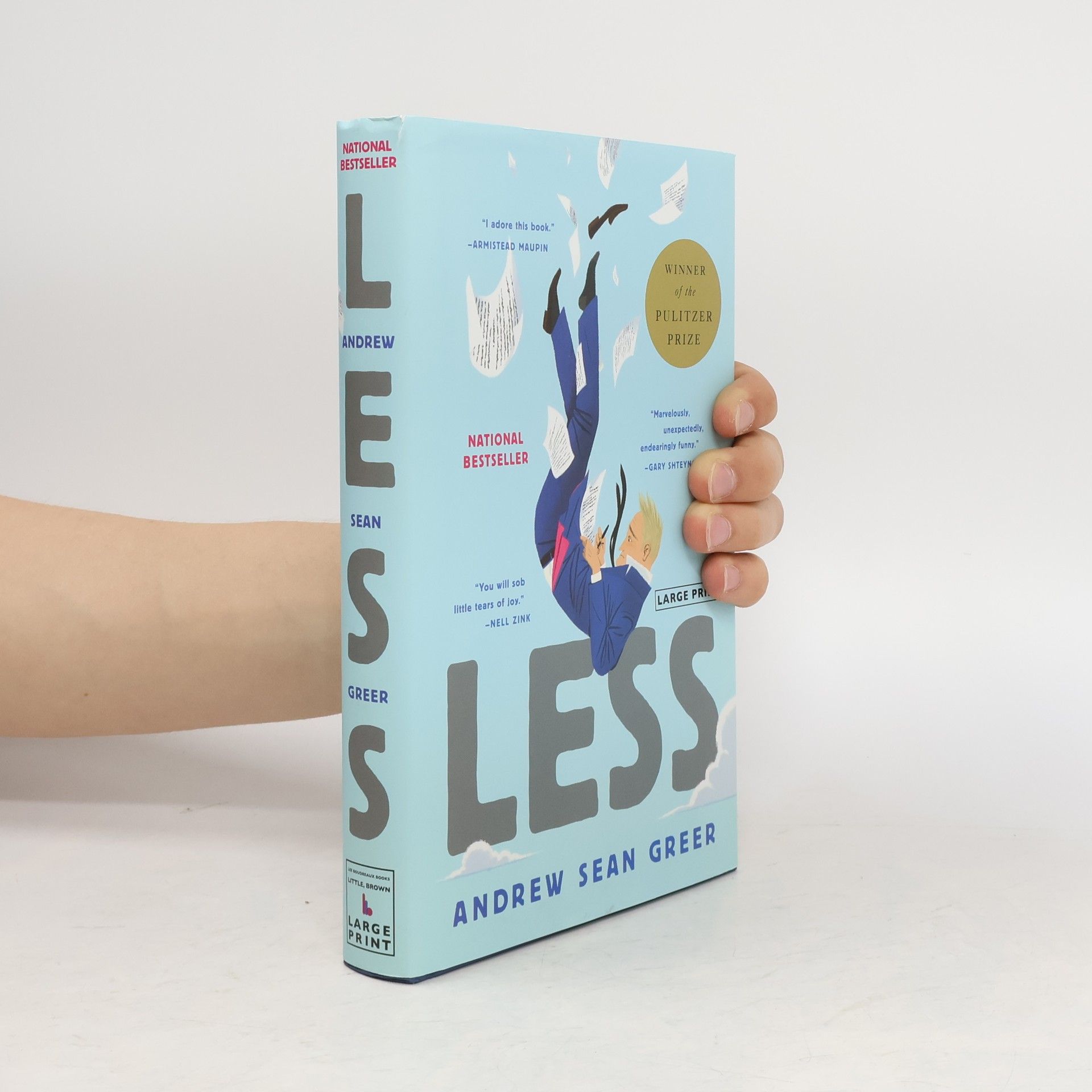
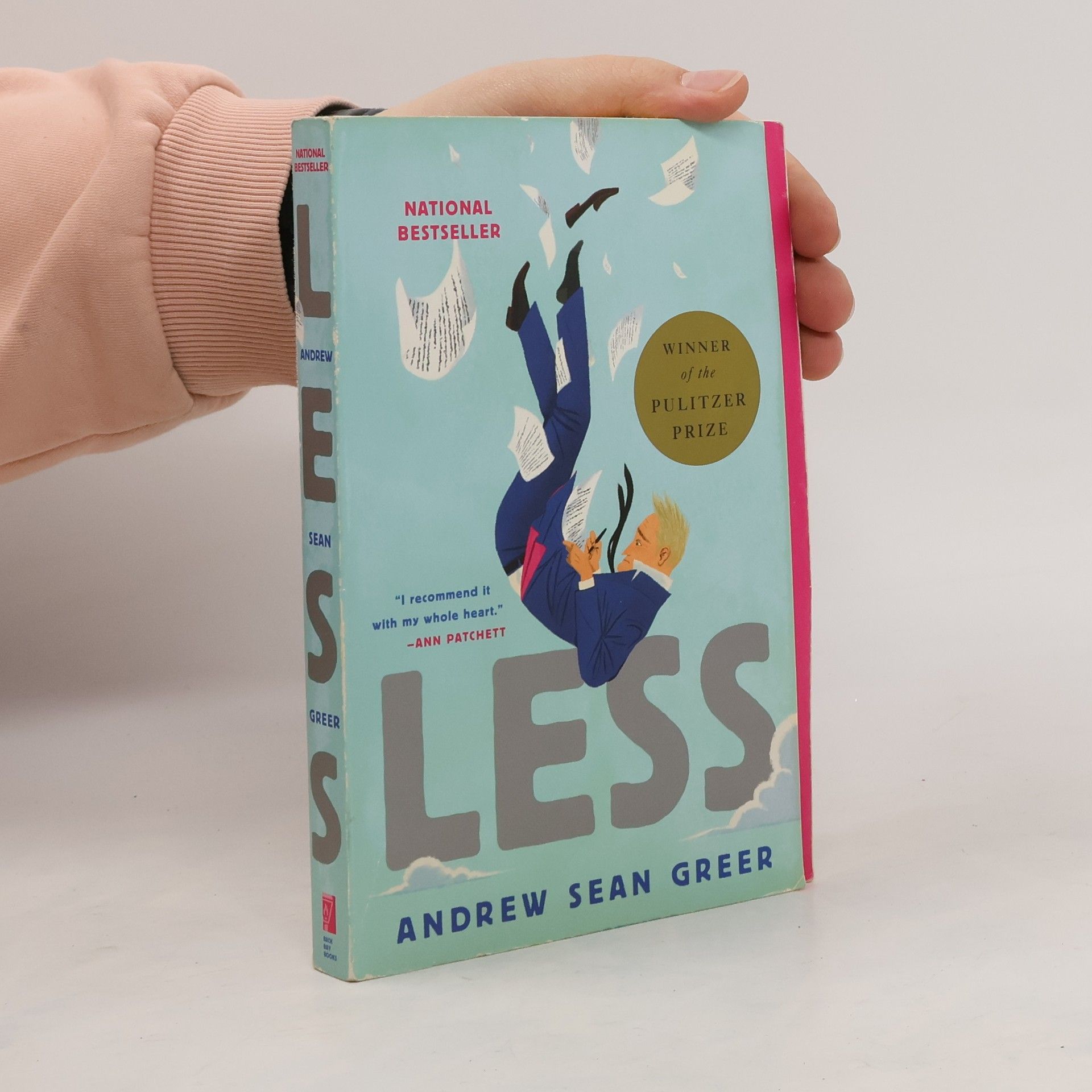



The Confessions of Max Tivoli
- 288 pages
- 11 hours of reading
Max Tivoli is writing the story of his life. He is nearly seventy years old, but he looks as if he is only seven - for Max is ageing backwards. The tragedy of Max's life was to fall in love at seventeen with Alice, a girl his own age - but to her, Max looks like an unappealingly middle-aged man. However when Max reaches the age of thirty-five, with an appearance to match, he has his second chance at love. But tragedy befalls this star-crossed couple, and desperate measures are required.
The Story of a Marriage. Geschichte einer Ehe, englische Ausgabe
- 233 pages
- 9 hours of reading
From the Pulitzer Prize-winning author of Less. 'A riveting and fascinating novel full of stunning observations and brilliant moments of truth and sympathy.' Colm Tóibín It is 1953, and in San Francisco Pearlie, a dutiful housewife, finds herself caring for both her husband's fragile health and her polio-afflicted son. Then one morning someone from her husband's past appears on their doorstep. His arrival throws all the certainties by which Pearlie has lived into doubt, and is brought face to face with the desperate measures people are prepared to take to escape the confines of their lives.
Less
- 272 pages
- 10 hours of reading
A struggling novelist travels the world to dodge an awkward wedding in this Pulitzer Prize-winning novel celebrated for its "arresting lyricism and beauty" (New York Times Book Review). As a failed novelist approaching fifty, he receives an invitation to his ex-boyfriend's wedding, which he can't accept or decline without feeling defeated. Instead, he seizes the opportunity to flee, accepting a series of literary event invitations around the globe. Arthur Less's journey takes him from nearly falling in love in Paris to a near-death experience in Berlin, escaping a sandstorm in Morocco, and accidentally becoming the sole writer-in-residence at a Christian retreat in India. On a desert island in the Arabian Sea, he unexpectedly confronts someone he never wanted to see again. Amidst these escapades, he grapples with love, loss, and turning fifty. This tale is a scintillating satire on the American experience abroad, exploring themes of time and the human heart, as well as a bittersweet romance filled with missed opportunities. With a blend of humor and poignancy, the author, praised as "inspired" and "lyrical," showcases a writer at the height of his craft, illuminating our shared human comedy.
Less (Winner of the Pulitzer Prize)
- 341 pages
- 12 hours of reading
Receiving an invitation to his ex-boyfriend's wedding, Arthur, a failed novelist on the eve of his fiftieth birthday, embarks on an international journey that finds him falling in love, risking his life, reinventing himself, and making connections with the past.
For Arthur Less, life is surprisingly good: he is a moderately accomplished novelist in a steady relationship with his partner, Freddy Pelu. But nothing lasts: the death of an old lover and a sudden financial crisis has Less running away from his problems yet again as he accepts a series of literary gigs that send him on a crisscrossing adventure across the US. Less roves across the "Mild Mild West," across the South and to his mid-Atlantic birthplace, with an ever-changing posse of writerly characters and his trusty duo - a human-like black pug, Dolly, and a rusty, camper van nicknamed Rosina. He grows a handlebar mustache, ditches his signature gray suit, and disguises himself in the bolero-and-cowboy-hat costume of a true "Unitedstatesian" ... with varying levels of success, as he continues to be mistaken for either a Dutchman, the wrong writer, or, worst of all, a "bad gay." We can not, however, escape ourselves-even across deserts, bayous, and coastlines. From his estranged father and strained relationship with Freddy, to the reckoning he experiences in confronting his privilege, Arthur Less must eventually face his personal demons. With all of the irrepressible wit and musicality that made LESS a bestselling, Pulitzer Prize-winning, must-read breakout book, Less Is Lost is a profound and joyous novel about the enigma of life in America, the riddle of love, and the stories we tell along the way
The Impossible Lives of Greta Wells
- 304 pages
- 11 hours of reading
From Pulitzer Prize-winning and New York Times bestselling author Andrew Sean Greer comes The Impossible Lives of Greta Wells, a rapturously romantic story of a woman who finds herself transported to the “other lives” she might have lived. After the death of her beloved twin brother and the abandonment of her long-time lover, Greta Wells undergoes electroshock therapy. Over the course of the treatment, Greta finds herself repeatedly sent to 1918, 1941, and back to the present. Whisked from the gas-lit streets and horse-drawn carriages of the West Village to a martini-fueled lunch at the Oak Room, in these other worlds, Greta finds her brother alive and well—though fearfully masking his true personality. And her former lover is now her devoted husband…but will he be unfaithful to her in this life as well? Greta Wells is fascinated by her alter egos: in 1941, she is a devoted mother; in 1918, she is a bohemian adulteress. In this spellbinding novel by Andrew Sean Greer, each reality has its own losses, its own rewards; each extracts a different price. Which life will she choose as she wrestles with the unpredictability of love and the consequences of even her most carefully considered choices?
Wir glauben, die zu kennen, die wir lieben.\" Ein Roman über das Geheimnis eines Lebens und die erschütternde Zärtlichkeit der Liebe. San Francisco: Draußen am Strand glaubt sich Holland sicher hier in seinem kleinen Haus mit seiner Frau Pearlie und dem Sohn. Doch die Vergangenheit klopft an die Tür, und Pearlie begreift, dass sie nur ein Teil in einem Dreieck ist. Drei Außenseiter, die mit ihren Leidenschaften ringen, und ein Gebot von 100.000 Dollar, um dem Leben eine neue Richtung zu geben die Geschichte einer Ehe. Andrew Sean Greers großartiger Roman entfaltet einen poetischen Sog, dem sich niemand entziehen kann, der schon einmal um ein Herz gekämpft hat darum, es zu kennen, es zu halten oder, notfalls, freizugeben. \"Bewegend\", urteilte John Updike.
Points: L'histoire d'un mariage
- 263 pages
- 10 hours of reading
Pearlie pense vivre un bonheur paisible. En 1949, à San Francisco, elle a retrouvé et épousé Holland Cook, son amour d’adolescence. Holland a survécu à la guerre et refuse d’en parler. Une chose est certaine : il n’est plus le même... Le passé ressurgit le jour où un homme d’affaires, Charles Drummer, s’immisce dans la vie du couple et propose à Pearlie un étrange marché.
Nel 1965 un gruppo di astronomi si ritrova su una piccola isola del Pacifico per assistere al passaggio di una cometa. Ma quando un bambino muore durante la pioggia di meteore, la vita di tutti i presenti, e dei loro affetti, subirà un cambiamento radicale e silenzioso, che si rivelerà pienamente solo molti anni dopo. Denise, carica dei ricordi di un’infanzia molto particolare, combatte per ottenere il rispetto che merita nel suo lavoro; il suo amico Eli, sposato con una donna che adora ma impenetrabile, è sempre più attratto da Denise e dalla sua mente imprevedibile; la giovane Lydia cerca un modo per sfuggire alle ombre inquietanti che si allungano sul gruppo di scienziati. Dall’autore premio Pulitzer 2018, La via dei pianeti minori è una storia intensa che esplora le occasioni colte e quelle sfuggite, un romanzo sui nuovi amori, sui legami perduti e sulla forza invisibile che il tempo esercita sulle nostre vite. “Andrew Sean Greer è uno degli scrittori di maggior talento in circolazione.” Michael Chabon “Uno dei migliori scrittori del nostro tempo.” Khaled Hosseini “Greer sa cogliere la ‘piccola follia nascosta nelle cose ordinarie’ con ineguagliabile maestria.” The New Yorker

